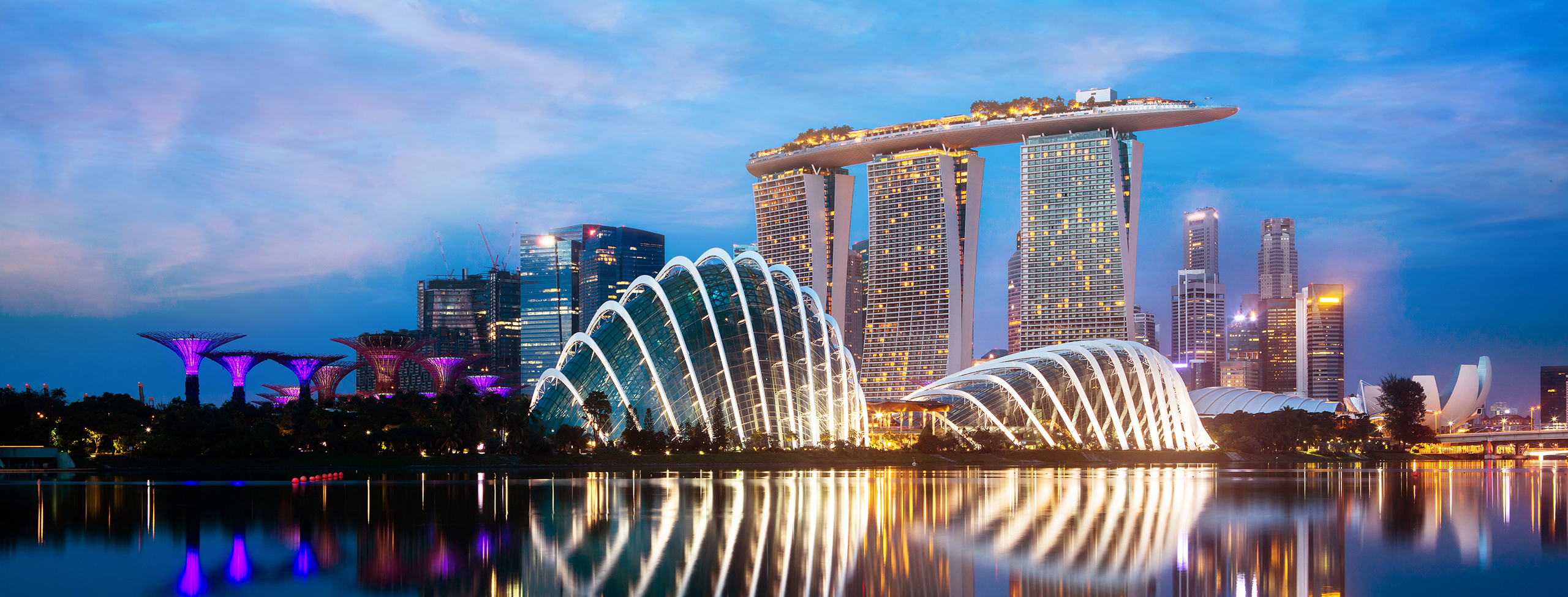
16 February 2023 • 3 minute read
Global Tax Alert: Singapore proposed implementation of Pillar 2
In the 2023 Budget speech it is proposed that from 1 January 2025 Singapore will implement the Global Anti-Base Erosion (GloBE) rules of the OECD/BEPS two-pillar plan. Under Pillar 2, a Domestic Top-up Tax (DTT) will be introduced that will top up the effective tax rate (ETR) of qualifying Multinational Enterprise (MNE) groups in Singapore to 15%.
Qualifying MNE groups are groups that have minimum annual global revenues of EUR750 million. Government entities, international organisations, non-profit organisations, pension funds or investment funds that are ultimate parent entities of an MNE group (and certain holding vehicles of such entities) are excluded entities that are not subject to the GloBE rules. The new rules will apply to financial years starting on or after 1 January 2025. In respect of the implementation timeline it was mentioned that the proposed timeline may be revisited based on international developments.
The proposed changes will affect large MNEs operating in Singapore and overseas subsidiaries of Singapore parent companies of large MNE groups. The main question remains to be answered, how these changes will affect in scope regional headquarters located in Singapore and other businesses in Singapore that have tax incentives resulting in an ETR below 15%.
In the Budget it was emphasized that Singapore will, where necessary, review and update the broader suite of industry development schemes to ensure that Singapore remains competitive in attracting and retaining investments. But also it was reconfirmed that incentives such as the Investment Allowance (IA) scheme, the Pioneer Certificate Incentive (PC) and the Development and Expansion Incentive (DEI) will continue as is, (at least) until 31 December 2028.
One (likely) option is the introduction of Qualifying Refundable Tax Credits (QRTCs). QRTCs are refundable tax credits paid as cash or available as cash equivalents within four years from the date when an entity satisfies the conditions for receiving the credit. Typically, QRTCs are treated as income for GloBE purposes, and not as reduction of the GloBE adjusted covered taxes. As a result, a QRTC generally results in a higher GloBE ETR than a (non-refundable) tax credit, and consequently lower top-up tax.
It is expected that Singapore may, beside exploring non-fiscal incentives such as subsidies, grants, or land discounts, delve into the introduction of QRTCs to maintain its fiscal attractiveness.
In-scope companies with presence in Singapore are advised to start (and continue) assessing the impact of the proposed Pillar 2 implementation in Singapore and around the world.
DLA Piper's business in Europe, Africa, the Middle East and Asia Pacific is governed by DLA Piper International LLP. The members, partners or other principals of the various entities that provide client services in those regions are members of DLA Piper International LLP, unless they are prevented from doing so due to regulatory restrictions. DLA Piper International LLP is not engaged in the provision of legal or other client services. Further information about DLA Piper International LLP can be found here.
Service providerOur services from our office in Singapore are provided by DLA Piper Singapore Pte. Ltd. a limited liability company which is registered in Singapore which is part of DLA Piper. DLA Piper is a global law firm operating through various separate and distinct legal entities. For further information about these entities and DLA Piper's structure, please refer to the Legal Notices page.
IN CASE YOU MISSED
Our Global Tax Reform hub houses related articles covering developments in global tax legislation.